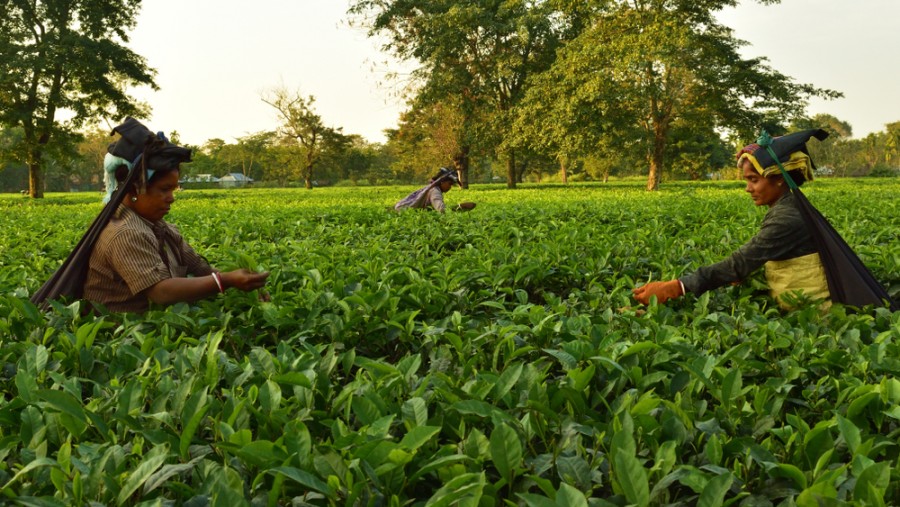The Tea Board of India has initiated a move to draw up a standard operating procedure (SOP, or a set of step-by-step instructions) to transport and handle green tea leaves to ensure their quality is maintained till the leaves are processed in tea factories.
The Board drafted the SOP and circulated it among stakeholders of the tea industry across India, while underscoring the fact that “good teas cannot be produced from badly handled leaf.”
“It has been found that tea leaves mostly get damaged during transportation, that is, when the leaves are sent from plantations to factories. Thus, it is necessary to have an SOP that tea gardens as well as small tea growers can follow to avert damage to the tea leaves. That is why the initiative will eventually contribute to improve the quality of Indian tea,” said a Board source.
In the draft that has been released by the tea board, a number of recommendations have been made, including for workers who pluck tea leaves in plantations.
Recommendations include not to allow pluckers to hold large quantities of leaves in baskets, and to create a collection area with a shed where the plucked leaves are kept in bulk ahead of their transportation to the factory and confirm that the leaves are loaded in trailers under the shed.
“It has been also mentioned that nylon bags, in which leaves are put at the collection centre, should not be stacked one above the other. There should be free flow of air for each bag or plastic crate used for the purpose,” said a tea planter.
The draft recommends that tea leaves should reach the factory within four hours of their being plucked.
A tea expert said the quality of tea depends mostly on the harvested shoots. “The manufacturing process can only retain the intrinsic potential of the raw material, in this case, the freshly plucked shoots. That is why, it is very important to ensure that no damage is caused to leaves,” he said.
On Wednesday, S. Soundararajan, director of tea development of the Tea Board, send letters to the stakeholders seeking their suggestions on the draft document.
“The Tea Board will look into the suggestions and then ready the final draft of SOP which will be notified in due course. We welcome the initiative as a specific set of procedures can help small tea growers and others associated with collection and transportation of tea leaves,” said Bijoygopal Chakraborty, president, Confederation of Indian Small Tea Growers’ Associations.










